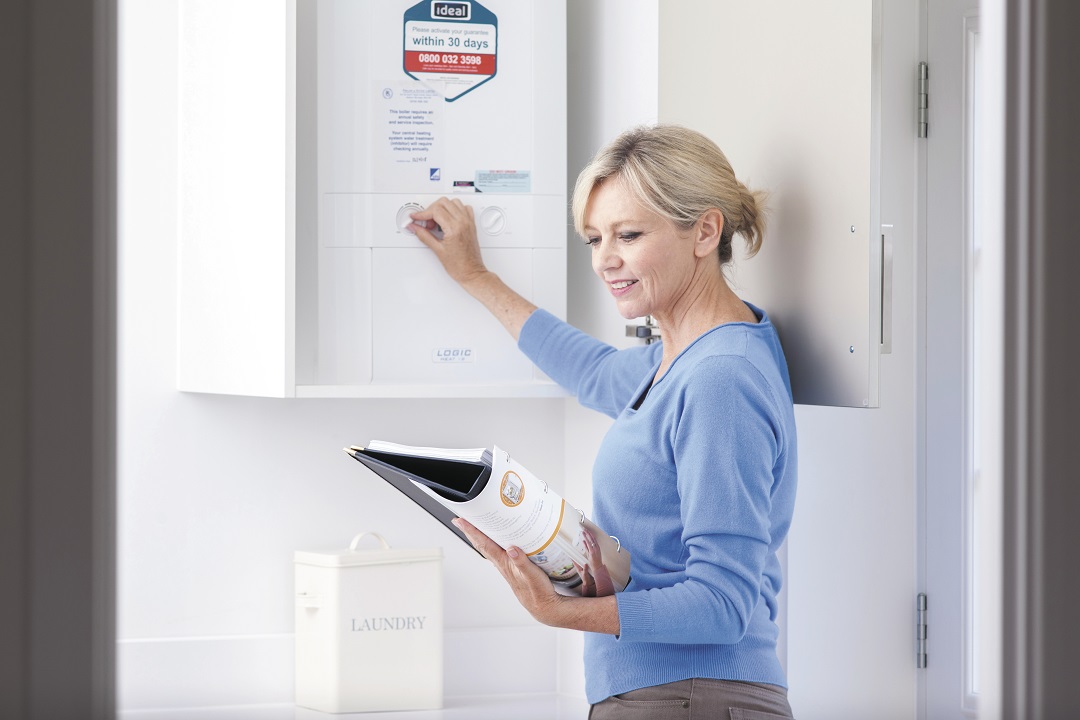Tips to help you save money on your heating bills this winter
17 January 2019

With the Met Office confirming that the ‘Beast from the East’ could return this year and fuel prices hitting an all-time high, there is no better time to look at ways to reduce your heating bills.
According to ComparetheMarket, the average household energy bill in 2018 was £1,706, a rise of over £400 in just three years. As 62% of your energy costs come from heating and hot water usage, this is an ideal place to start if you are looking to save yourself some money. NHBC, the UK’s leading warranty provider for new homes, is offering all home owners some tips to help you lower your heating bills this winter:
1. Switch energy suppliers
If you have used the same provider for years you are probably paying too much for your energy. The cheapest deals are available for home owners who are prepared to switch suppliers, particularly those who are on a standard tariff. Energy regulator Ofgem estimate that consumers could save up to £245 a year by switching. Take a look at a comparison website to see how much you could save.
2. Be in control of your temperature
It’s best to have as many controls as possible so you can be in charge of how you heat your house. Install a thermostat in your main living area. Once the temperature hits the one set on the thermostat, your boiler will turn off until the temperature drops again. By adding thermostatic valves to your radiators you can lower the heating in rooms you don’t use so often. According to the Energy Saving Trust these measures could save you £75 per year.
3. Turn down your thermostat
Experts recommend you set your thermostat to 18oC rather than a costly 20-25oC. Just by lowering your thermostat by 1oC you could reduce your heating bill by 10%. Consider putting an extra jumper on instead.
4. Timers
Paying money to keep your home heated while you are out the house isn’t cost effective or an efficient use of energy. British Gas and the Energy Saving Trust both advise using a timer to control your heating so it’s only on when you need it to be.
5. Spend a little – save a lot
If you live in an older property you may benefit from improving your insulation and upgrading your boiler. Spending a little now can save you money in the long term. Better insulation will reduce unwanted heat loss and minimise drafts, while newer condensing boilers can reach 90% efficiency in comparison to older non-condensing boilers which don’t usually reach more than 65% efficiency.
6. It’s the little things
There are lots of little things you can do which all add up to help you keep your home feeling warmer:
- Don’t block radiators with bulky furniture as it will only stop the warm air circulating
- When your heating is on, close your curtains, trapping the warmth indoors
- Open and close doors – yes, both. If you have a south facing room that benefits from lots of direct sunlight, it will naturally be the warmest room in the house. Leave the door open to allow the heated air to circulate around your home. Once the sun has moved round, close the doors to keep the warmed air inside your main living areas
Neil Smith, Head of Standards, Innovation & Research at NHBC, said: “For many home owners, the biggest burden on their winter finances is the cost of keeping their home warm. We believe it’s not only important for home owners to invest in their older properties, but for good information and advice to be made available to help consumers save money on their energy bills.
“People living in houses built in the last ten years will typically have lower energy bills as they are built to comply with the latest energy efficiency standards - but people in all types of properties can make small adjustments to achieve a warmer home for less this winter.”
Check out our Homeowners' page on NHBC’s website for more advice and tips on keeping your home warm.
